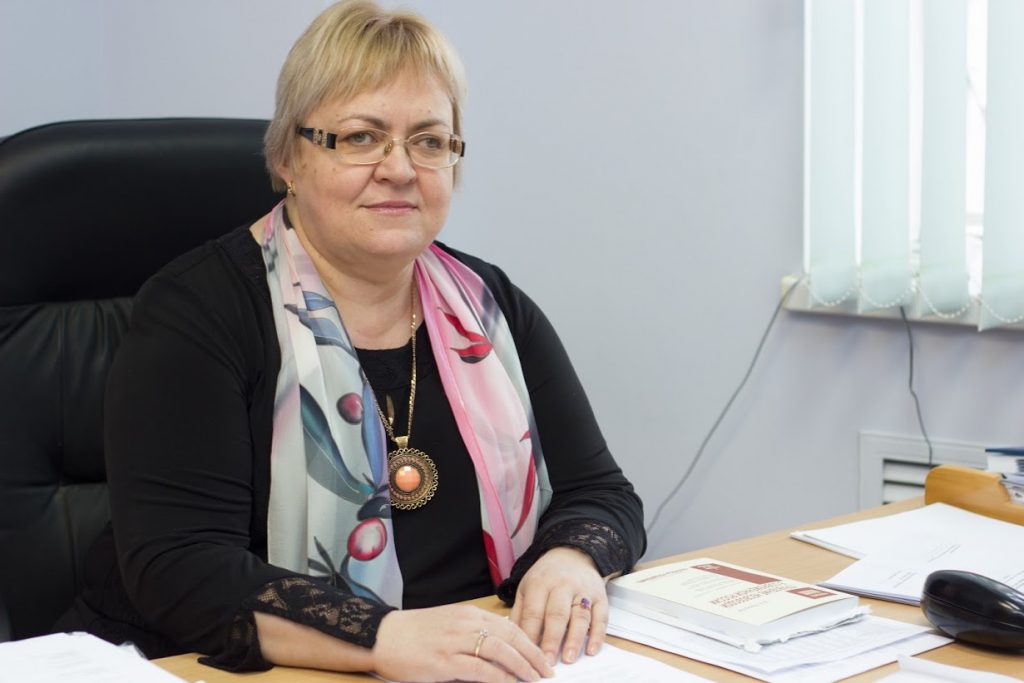On 19-20 February, international scholars from Russian universities and abroad are discussing the world after the COVID-19 pandemic – forecasting the future through the prism of politics, security, economy and culture – as a part of International Conference and Inter-University Scientific Discussion Club “Expert”, led by Kuban State University (Russia).
The conference is set within the frame of Jean Monnet “POWERS: War and Peace in the Challenges of European Security” network project, allowing scholarly dialogue on most relevant issues, in which COVID-19 played a notorious role. The project is supported and co-funded by the European Union Erasmus + Program, and also marks the centennial of Kuban State University. PSU acts as one of the principle contributors to the Program, until 2024.
The Conference is organized by the Ministry of Science and Higher Education of the Russian Federation, Kuban State University (KubSU), Krasnodar Regional Branch of the Association for European Studies (AEVIS), Perm State University (PSU), Voronezh State University (VSU).

The international speakers include Dr. Michael Powell, Frederick Community college (Maryland, USA); Prof. Dr. Dr. h.c. mult. Martin Tamcke, University of Göttingen (Georg-August-Universität, Germany); Prof. Paolo Bargiacchi, Professor of International Law, Faculty of Economics and Law, Kore University of Enna (Italy).
As a co-organizer, invited expert and speaker, Dr. Liubov Fadeeva, Professor of Political Science Department, PSU (Russia) has opened the plenary session with the report on securitization of identity policy.
The concept of securitization considers the elevation of an object to the rank of a security threat, which gradually increases significance and becomes a tool of the state policy. The way we understand identity might naturally become the subject of securitization. Answering questions like “What are we?”, “What are we proud of, what are the roots of our values?”, “What should we resist?” we use them as trigger for ideology.
Manifesting themselves in shapes of heated discussions, debates, conflicts of recollections, cultural confrontation, the issues of memory and identity have been widely reflected in academic papers and speeches of political leaders. According to Dr. Lyubov Fadeeva, “recently, there has been a tendency of defining identity politics as a specific ideological weapon that might be used against opponents in ideological and political struggle. This significantly changes the meanings of identity politics.”
The challenge of the COVID-19 pandemic, causing political, economic and social upheavals, forced scholars and practicing experts to face a new task: analyzing the processes of shaping national identity, security system, and external communication. The participation of experts from Germany, Italy and the USA, as well as a wide range of Russian scholars, have granted the Conference a comprehensive cross-disciplinary character.


